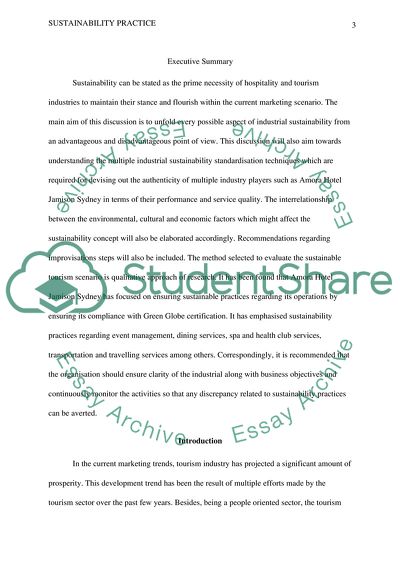Cite this document
(Sustainability Concept and Its Implications in the Tourism Industry Case Study Example | Topics and Well Written Essays - 3000 words, n.d.)
Sustainability Concept and Its Implications in the Tourism Industry Case Study Example | Topics and Well Written Essays - 3000 words. https://studentshare.org/tourism/1823802-sustainability-practice
Sustainability Concept and Its Implications in the Tourism Industry Case Study Example | Topics and Well Written Essays - 3000 words. https://studentshare.org/tourism/1823802-sustainability-practice
(Sustainability Concept and Its Implications in the Tourism Industry Case Study Example | Topics and Well Written Essays - 3000 Words)
Sustainability Concept and Its Implications in the Tourism Industry Case Study Example | Topics and Well Written Essays - 3000 Words. https://studentshare.org/tourism/1823802-sustainability-practice.
Sustainability Concept and Its Implications in the Tourism Industry Case Study Example | Topics and Well Written Essays - 3000 Words. https://studentshare.org/tourism/1823802-sustainability-practice.
“Sustainability Concept and Its Implications in the Tourism Industry Case Study Example | Topics and Well Written Essays - 3000 Words”. https://studentshare.org/tourism/1823802-sustainability-practice.


